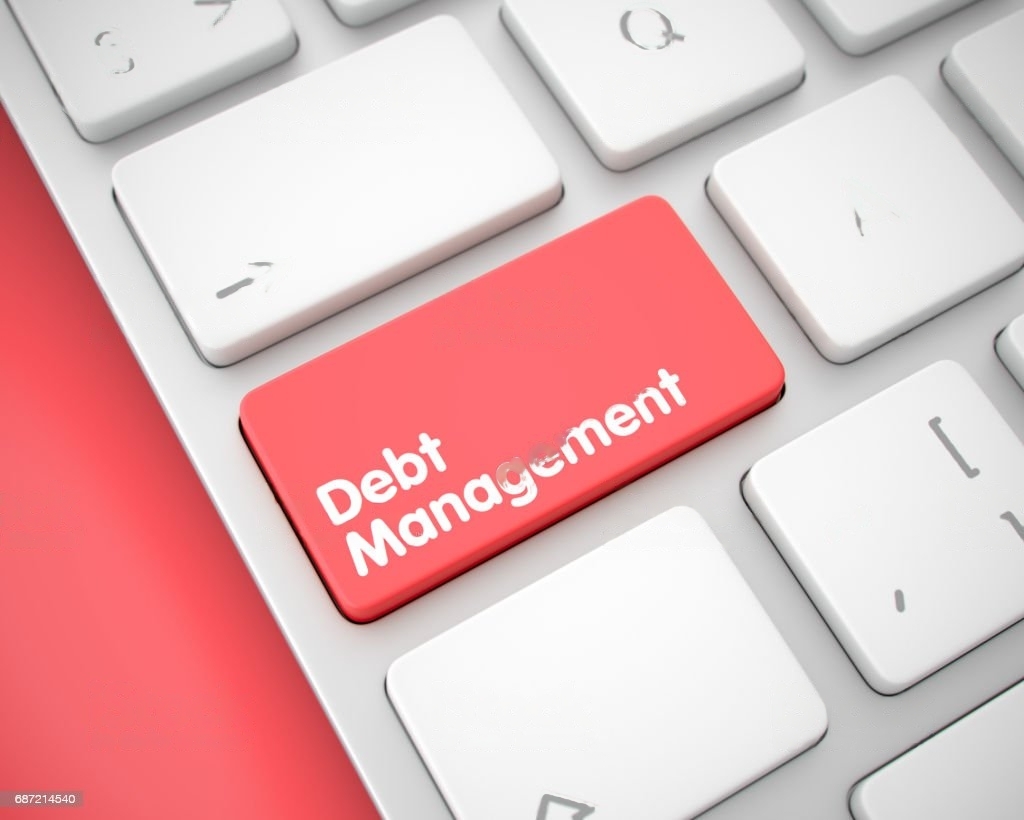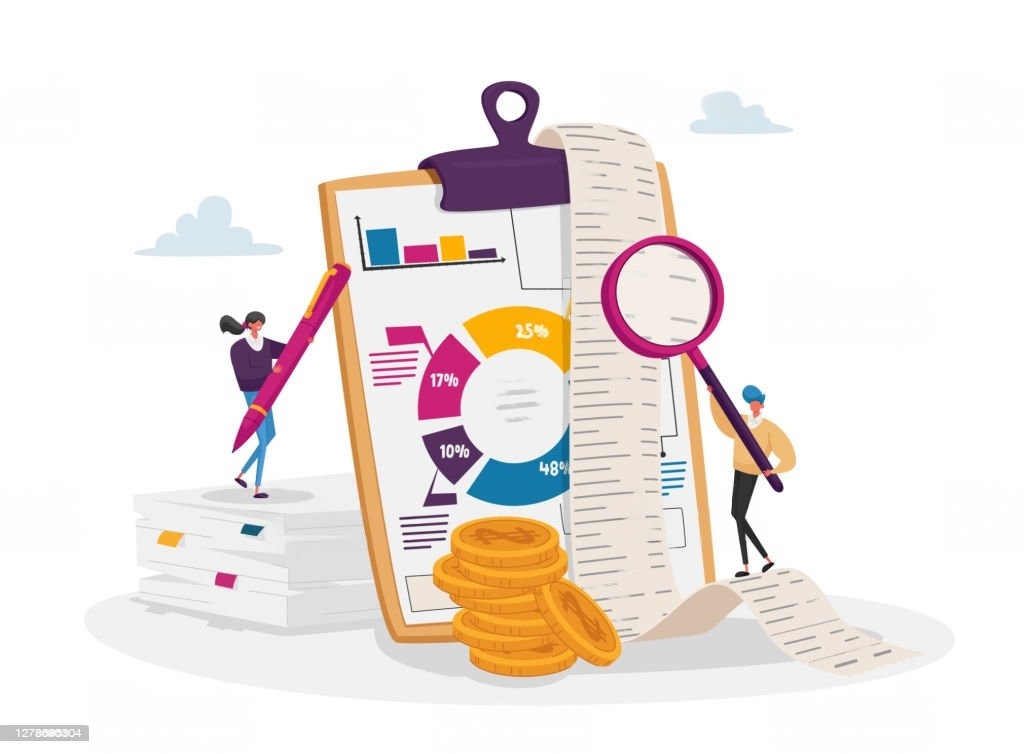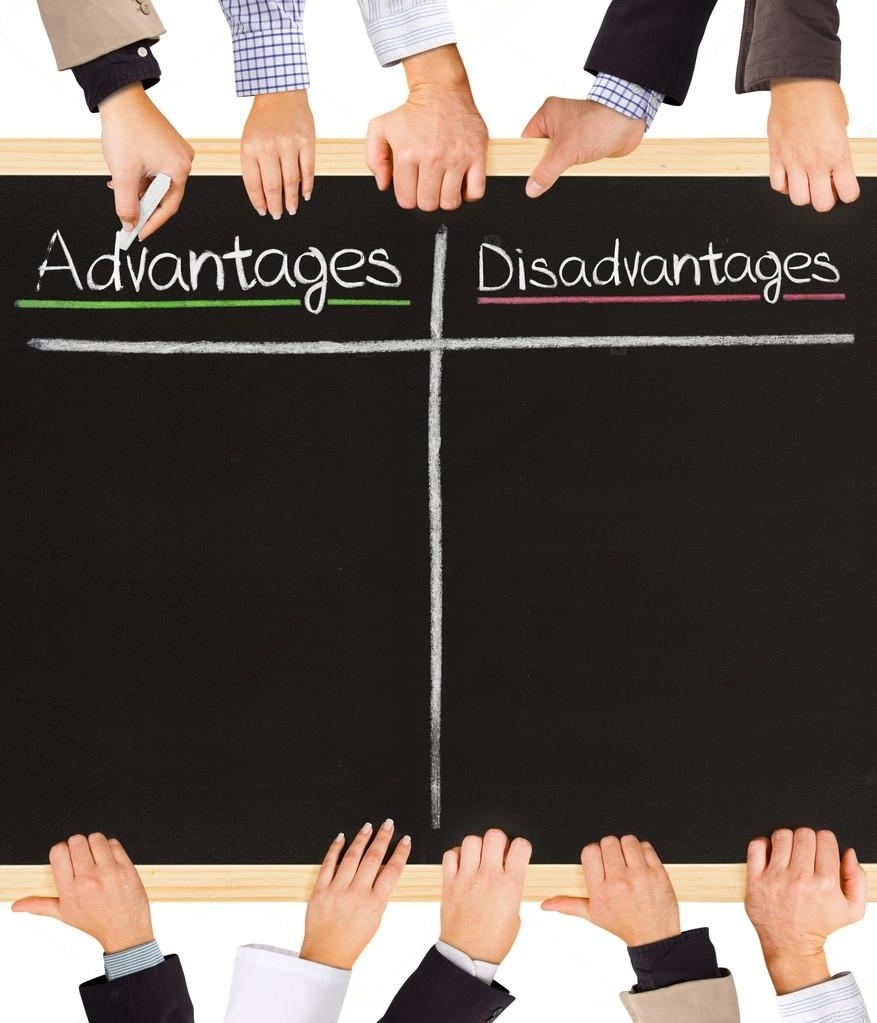Managing Debt_ Strategies for Paying Off Loans and Credit Card Debt

Although it can be difficult, managing debt is not impossible. Debt is a widespread problem that many people throughout the world deal with, and if it is not properly managed, it may cause stress and financial issues. But there are ways to deal with debt and begin constructing a more secure financial future. We'll go through many methods for paying off loans and credit card debt in this article.
Analyze Your Debt
The first step towards managing your debt is to analyze it. You must be fully aware of your debts to both current and past creditors. Make a list of all your loans and credit cards, along with their interest rates and minimum payments. After that, prioritize which debt to tackle first. You can start by paying off the debt with the highest interest rate, as this will save you money in the long run. Alternatively, you could focus on paying off the smallest debt first to gain momentum.
Budget Wisely
Budgeting carefully is key for effective debt management. This entails reducing wasteful spending and increasing the amount of money set aside for debt repayment. Make a realistic budget for all of your everyday expenses, including food, travel, and any other required expenditures. After you've taken care of that, put as much money as you can towards your debts. To avoid additional fees and interest charges, make sure to pay off all debts at least the minimum amount due.

Consider Balance Transfers
Debt can accumulate quickly on credit cards with hefty interest rates. If at all possible, think about shifting the remaining balance on high-interest credit cards to a card with a reduced interest rate. By doing so, you can avoid incurring interest charges and concentrate on repaying your loan. There are certain limitations to balance transfers, such as an upfront fee, and they are typically only available to people with strong credit scores. Therefore, before transferring a balance, it's crucial to consider the advantages and cons.
Prioritize Debt Payments
Prioritise paying off the bills with the highest interest rates first if you have several debts to settle. Prioritize the loan with the bigger monthly payment when both have the same interest rate. As soon as the initial loan is paid off, concentrate on the next-highest debt and work your way down the list until every bill is cleared.
Additionally, it's crucial to make your payments on schedule because late payments might lower your credit score and result in extra fines.
Seek Professional Assistance
It could be worthwhile to get assistance from a financial advisor if you are deeply in debt and are unsure of how to get out. They can offer you the tools, direction, and data required to develop an effective debt management strategy.
In addition, credit counseling agencies can also provide help in managing debt.

Conclusion
Finally, sustaining financial stability requires effective debt management. You may efficiently manage your debt by using the tips mentioned above and creating a strategy. Building a better financial future for you and your family requires proper debt management.
Relevant Statistics:
The Federal Reserve estimates that in the second quarter of 2021, household debt in the United States reached $14.64 trillion. (Federal Reserve, source)
In 2020, 51% of those who used credit cards had debt, with each user owing on average close to $6,200. (Refer to Experian)



